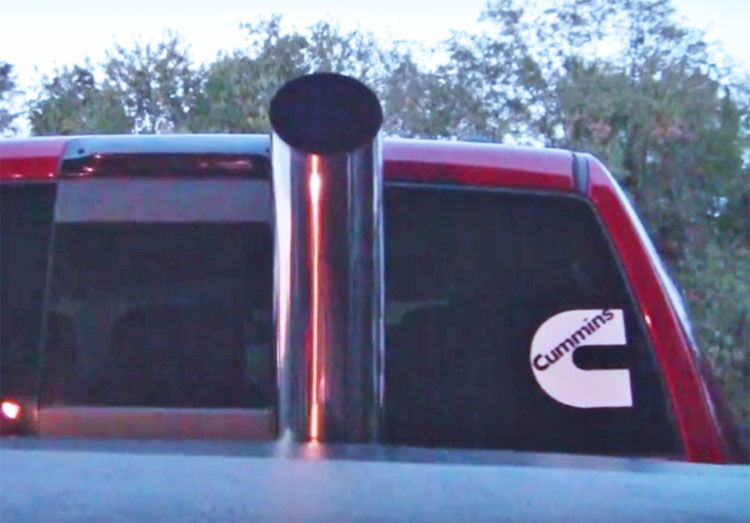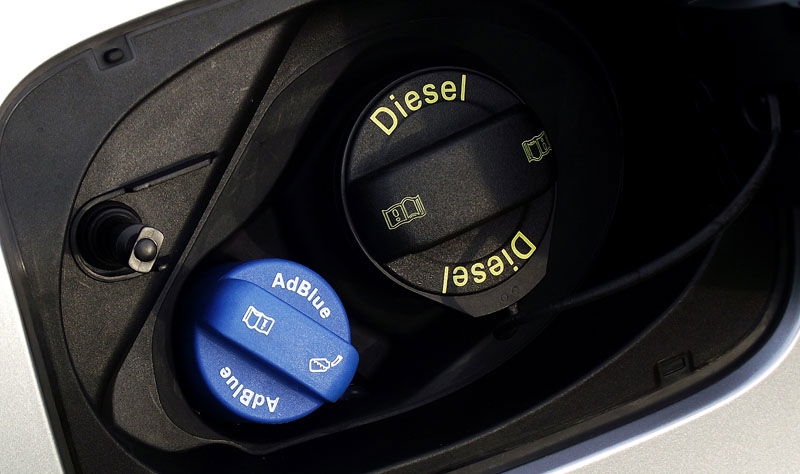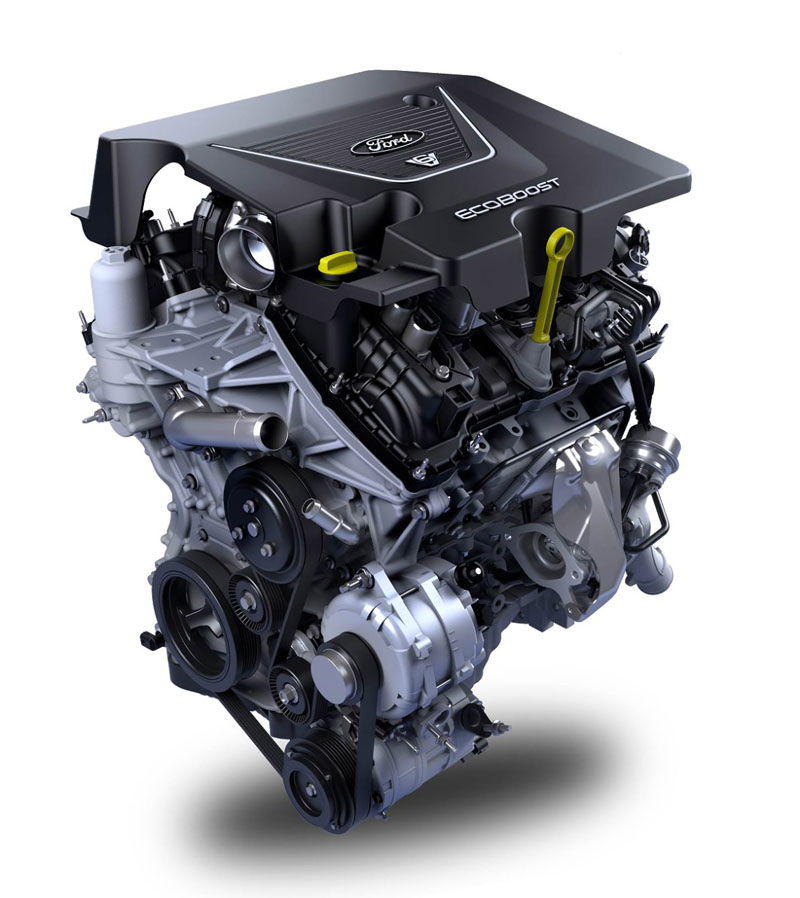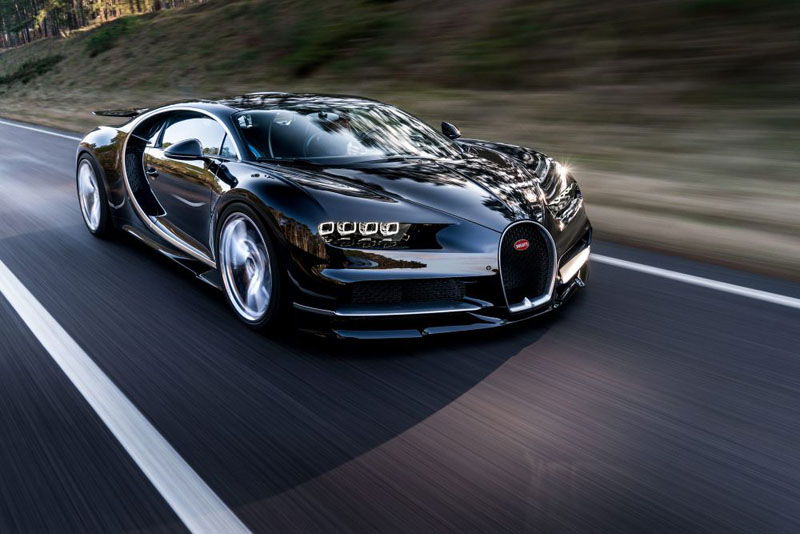5 Reasons Why It’s Time For Diesel Cars To Die

Diesel fans, your days are numbered.
Apologies if that sounds a bit harsh. It’s not that I hate diesels. Actually, I do hate diesels, but not in a rage-inducing you-just-opened-your-door-into-my-fender way. It’s more like the oddball uncle you tolerate at family gatherings, the one who acts like a total douche but doesn’t realise he’s a douche, so you hate him, but at the same time you can’t really blame him. That’s how I feel about diesels, at least in passenger cars and pickups outfitted with stupid chrome stacks or ridiculously oversized exhaust tips. They are what they are, through no fault of their own. I’d be very happy if they just went away forever.

And that could well be happening soon. Paris, Madrid, Athens and Mexico City have taken steps to ban diesel cars and trucks by 2025. There’s growing pressure for London to follow suit. Germany wants to ban diesel and petrol car sales by 2030, as does Norway. Banning internal combustion cars will be all but impossible until electric and hydrogen power are better sorted, but with sights leveled against fossil fuel power, dirtier diesel is the one wearing the biggest bullseye.
I can hear diesel fans hashing away at their keyboards even as I hash away at mine. Fuel economy! Torque! Longevity! All valid points . . . if it was 1997. Diesel’s advantages are quickly disappearing in the face of advancing technology; if you don’t believe that, just Google dieselgate to understand just how bad things are. Or, you can ponder these five points as to why I think diesel is on death’s doorstep.
There isn’t any other way to say it - diesel is a dirty fuel to burn. The only way it’s still viable is through the use of increasingly complex technologies to capture soot and reduce NOx, and even then it doesn’t work unless you sacrifice performance or fuel economy - a fact that Volkswagen has so dramatically shown the world with its “clean diesel” technology.
2. It’s complicated

Perhaps new technologies can make diesel cleaner to burn, or better capture those emissions. Perhaps we can add more pee (sorry, diesel exhaust fluid) tanks to the car to make the pee (sorry again, AdBlue fluid) last longer. Perhaps we can add more filters and exhaust devices, in turn adding weight, complexity and expense. But what is the ultimate goal here again? To have a car that equals petrol engines on emissions and performance and matches hybrids for fuel mileage? I’m failing to see the diesel benefit here.
If anyone’s ever witnessed a runaway diesel engine firsthand, you’ll never forget it. Yes, this is a fairly rare occurrence and many manufacturers claim to have safeguards against this, but that didn’t help this Peugeot. Nor the new Silverado pickup truck, BMW, Ford, or any number of the cars featured in runaway videos on YouTube.
4. Petrol engines have gotten better

Once upon a time, the big advantages to diesel over petrol were fuel economy and longevity. 250,000 miles is easily achieved in modern petrol engines with basic maintenance, and there are all kinds of new petrol hatchbacks on the market with amusing turbo performance and fuel mileage ratings exceeding 40mpg on the highway. I will readily admit that diesel engines still hold an advantage in both areas, but the gap to second-place petrol is much closer. Is that advantage enough to justify diesel’s drawbacks? That’s for individuals to decide, but I think a majority of motorists will say no.
There’s nothing diesel can do that electric motors can’t do a gazillion times better. Low end power? Electric gives you max torque right off the bat, and it can hustle a Tesla four-door sedan to through the quarter-mile in under 11 seconds; quicker than virtually every ultra-exotic hypercar in existence. It doesn’t burn fuel so there are no emissions to worry about. Electric motors are very simple with just a few moving parts so lower maintenance and longevity are virtually assured. The only issue - for now anyway - is improving battery power and range. But viable electric cars are evolving like crazy, and I suspect we’ll see electric cars with 1000-mile ranges in the next 5-10 years.
With that in mind, why on earth would manufacturers continue to invest in diesel power - utilising a dirty fuel that will require increasingly complex solutions just to maintain average performance at best - when electric and fuel cell development will lead to significant improvements on all fronts? Diesel still has a place with larger commercial vehicles, where the gap back to petrol and the jump forward to electric is still a fairly large one. But for passenger cars and light trucks, better petrol engines and far better alternative power solutions mean diesel will finally get the merciful death it deserves.

Comments
Diesel has one main application where it’s useful: long distance highway driving. There your hybrid will hardly help with the mileage so it just uses as much fuel as a petrol engine. And with high load, even modern turbo petrol engines will use a lot of fuel, because for long, even loads, the diesels thermal efficiency is still unmatched. Now with american ridiculously low fuel prices this may not be a concern, but if my dad drives to berlin with his diesel at 160km/h and pays 40€ for fuel, and I drive the same route at 120km/h, have to stop for fuel once and still pay at least 60€ if I’m reaaally economical, that makes a difference. Now, I am comparing an NA engine with a turbodiesel, because turbo, direct injected petrol engines are almost as dirty as diesels regarding particle emissions, which is why they require a filter for the Euro 6c norm.
Now in cities, the Diesel is probably not the right engine. I commute by bicycle, and there are more pleasant things than being stuck behind a diesel car on a cold winter morning. But in general, a car in a big, congested european city doesn’t make a lot of sense after all, regardless of fuel. What I’d picture as perfect would be a diesel hybrid. Use that thermal efficiency on long motorway passages where particles don’t matter cause you’re in the middle of nowhere, and drive 40 or 50km on electricity in the city, without local pollution.
So here is why your wrong
Being a mechanic you learn things.
A diesel engine isn’t allowed for sale unless it runs healthy basicly unless it runs to strict regs it can’t can’t sold So needs to not kill somone.
Also petrol engines are a little more advanced…but still can’t get near a good diesel my dad’s freelander is 14 years old and still gets 60mph…my mother juke gets 34….it’s a year old.
Point invalid . Now hush and go back to your prius
Umm no. Ill take 150hp and 4.5l/100km highway from a 2.5l 5pot diesel from 1996 any day. If i want the same numbers from a petrol engine id have to buy a 1.0l toyota yaris that costs 3 times as much as my current car.
What about us who use diesel trucks to haul things. One example of this may be both of our race cars. There are very many things that we haul that you simply can’t haul with a gas.
Whilst Electric Vehicles produce no emissions whilst driving, they produce A LOT when they are being created and are charged by electricity produced by burning fuels even dirtier than Diesel…
Chris, what a roast.
I like ethanol, is not that efficient, at least, not as much as gasoline. But has a lot of power. And can be made from almost anything that grows from the mother earth…
I do 25000-30000 km every year. A diesel car (where I live) both costs less to fill up and uses less fuel than its gasoline/ petrol counterpart, which is why it makes sense for me to buy one.
It’s true that now, with turbos petrol engines are starting to have a lot of low-down torque like the diesels do and the fuel consumption gap is getting narrower.
Meanwhile at Hoonigan…
When the coal powered electric power plant providing electric for your tesla pollutes as much as my old diesel!
Pagination